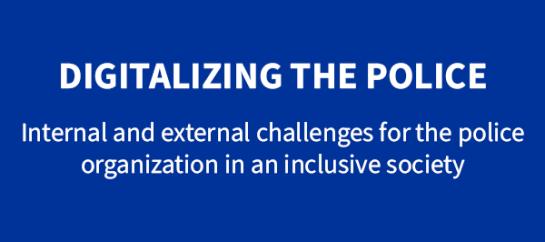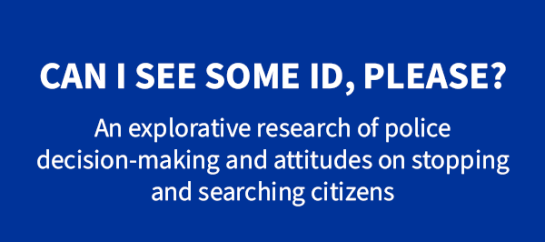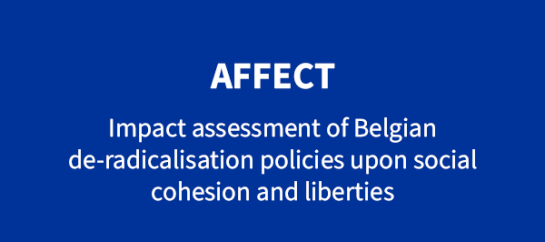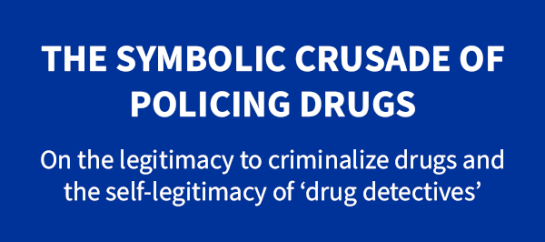This research line focuses on criminological and critical studies of policing: namely, the institution of police and non-state policing agents. The CRiS@policing pillar is particularly interested in research on (street-level) policing and surveillance in public space.
Among other topics, we research police legitimacy, trust, police practices, and police culture as it is experienced not only by members of the organization, but also their associate partners inter alia: citizens, mayors, prosecutors and private security agents. Within this, attention is paid to social exclusion as an outcome of police practices and policies (cf. criminalization processes) and the upcoming abstraction or fragmentation of the police.
We are also attentive to the interdependent relationship between police research and surveillance. Supervision in public space is no longer an exclusive power of the traditional police, with several penal, and non-penal, actors routinely monitoring public space, especially in the urban realm. They even monitor the work of the police through practices of counter-surveillance and sousveillance. New surveillance technologies rapidly emerge and strongly impact policing practices, either as promoters of effectiveness, or as mere discourses of security.
A few key-words that resume our main interests are: police legitimacy, trust, and culture; surveillance; predictive policing; community policing; pro-active policing; intelligence-led policing; public order; neighbourhood watch; geographies of policing; and social exclusion.
CURRENT PROJECTS
CURRENT MEMBERS
COORDINATORS
MEMBERS
PAST MEMBERS
Past Projects

































